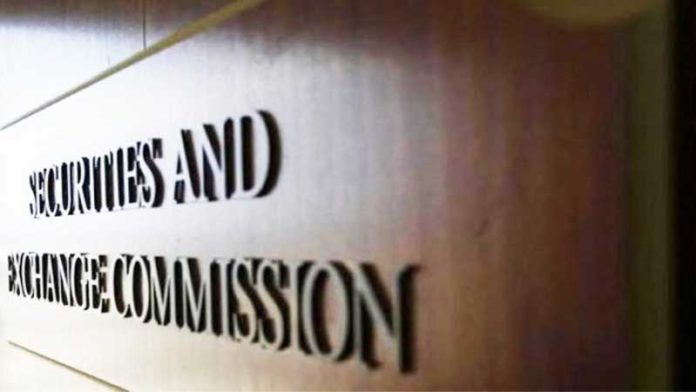ISLAMABAD: The Securities and Exchange Commission of Pakistan (SECP) has approved a new life insurance product, which is equipped with insurance technology features such as artificial intelligence and data analytics.
The product is first of its kind in Pakistan and has been introduced by the relevant insurance company in partnership with an international technology service provider.
Through this unit-linked product, the insurance company will be able to track the health performance of policyholders in respect of predetermined indicators, i.e. heart rate, cholesterol level, glucose level etc. and provide reward points to the policyholder on the achievement of periodic preset targets.
The policyholders can also get integrated benefits, such as a credit of the percentage of premium into their investment account on the achievement of certain preset targets. The product is the classic duplet of digital innovation and improvement in customer experience. The system that enables the technological features of this product is powered by the international technology service provider.
The SECP’s approval of this product is a clear indication of its support for financial technology and innovative initiatives. Lately, a workshop on insurtech (insurance technology) was also organized by the SECP, which was attended by stakeholders from diverse backgrounds including insurers, brokers, banks, digital aggregators, non-bank finance companies, association of microfinance institutions and nano credit providers.
The product will help the insurer to work on “wellness approach” by improving the lifestyle and overall health of people by incentivizing them through use of data analytics and artificial intelligence.
It is expected to instill a healthy lifestyle into the lives of covered persons and improve their overall health, thereby reducing the risks of chronic diseases, through the use of the technology-based platform.




